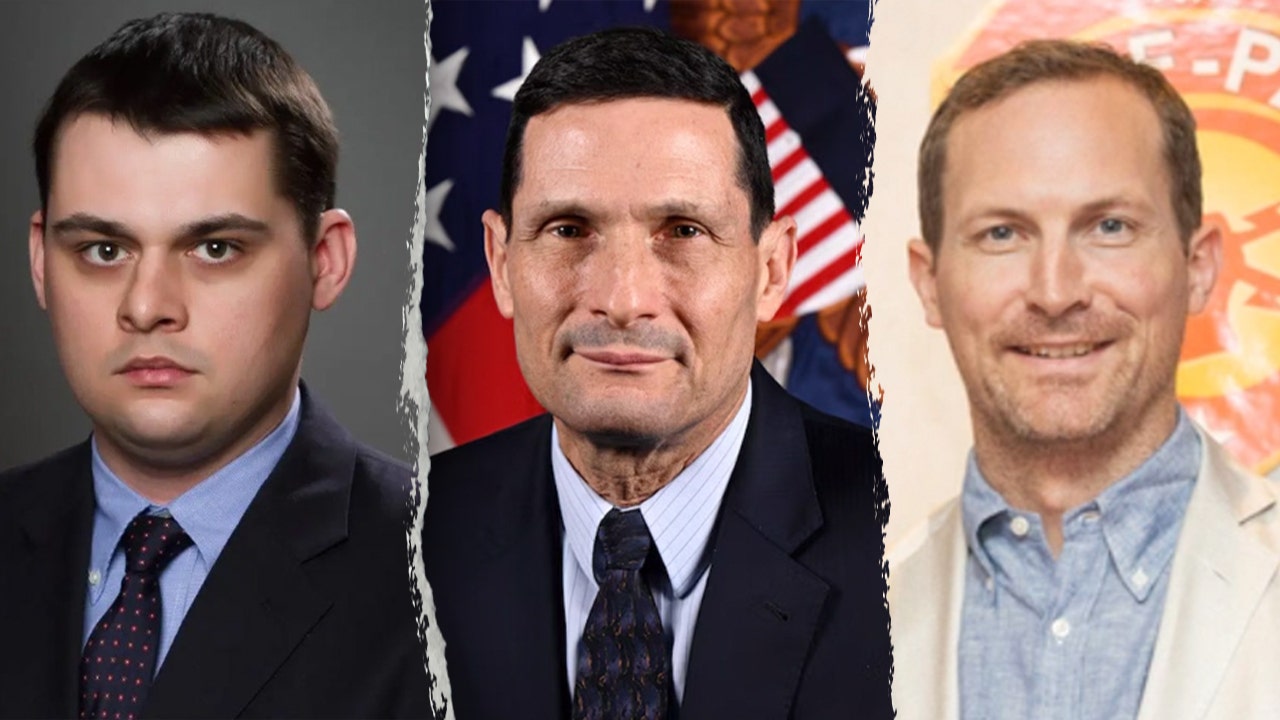Crystal Mangum, the woman at the center of the 2006 Duke lacrosse case, has admitted to fabricating her claims of being raped by three players during a team party.
Mangum, currently serving a prison sentence for murder, made the confession during an interview on the program Let’s Talk With Kat.
“I testified falsely against them by saying that they raped me when they didn’t, and that was wrong,” Mangum stated.
“I betrayed the trust of a lot of other people who believed in me and made up a story that wasn’t true because I wanted validation from people and not from God. And that was wrong. I hope that they can forgive me.”
More than 18 years after the Duke lacrosse allegations, Crystal Mangum admits that she made it all up.
“I testified falsely against [the lacrosse players] by saying that they raped me when they didn’t…I made up a story that wasn’t true…I hope that they can forgive me.” pic.twitter.com/3yMjbQTQXH— KC Johnson (@kcjohnson9) December 12, 2024
Celebrate Trump’s Historic 2024 Victory with the Exclusive Trump 47th President Collection!
In March 2006, Mangum, then a stripper, accused three Duke University lacrosse players—David Evans, Collin Finnerty, and Reade Seligmann—of raping her at a team party.
The allegations sparked national outrage, with race and gender politics taking center stage in the ensuing controversy.
The accusations led to the arrest of the three players, who were indicted for rape. The case garnered extensive media attention, including a now-retracted Rolling Stone article by Janet Reitman.
At the time, 88 Duke professors signed a public letter supporting Mangum and condemning the players.
Former Duke University President Richard Brodhead canceled the remainder of the lacrosse season, accepted the resignation of head coach Mike Pressler, and suspended the accused players, even as he urged the public not to prejudge the case.
In an interview with CBS News in March 2006, then-Durham County District Attorney Mike Nifong asserted, “There’s no doubt a sexual assault took place” and labeled the alleged incident “racially motivated.”
Also in 2006, Donald Trump’s incoming Deputy Chief of Staff, Stephen Miller, was a student at Duke and an executive of the Duke Conservative Union who spoke out at the time.
18 years ago, only one Duke student went on mainstream media to defend the Duke lacrosse players
His name is Stephen Miller
Next year, he will become the Deputy Chief of Staff of the Trump White House pic.twitter.com/PkPnKwuo8w
— Jack Poso (@JackPosobiec) December 14, 2024
The accusations were ultimately proven false, and all three players were exonerated.
DNA evidence cleared them of any wrongdoing, and further investigation revealed that Nifong had withheld key evidence and made false statements in court.
In 2007, Nifong was disbarred by the North Carolina State Bar for his misconduct during the case.
The three players later filed a lawsuit against Duke University and Brodhead, alleging false statements and a conspiracy to deny them a fair trial.
The case was settled for an undisclosed amount.
Evans graduated from Duke in 2006, while Seligmann transferred to Brown University, and Finnerty transferred to Loyola University Maryland.
Despite admitting to lying, Mangum was not prosecuted for perjury due to questions about her mental health and the expiration of the statute of limitations for perjury in North Carolina, which is two years.
In 2008, Mangum released a book, Last Dance for Grace: The Crystal Mangum Story, in which she maintained, “I will never say that nothing at all happened that night.”
In 2011, Mangum was indicted for first-degree murder and two counts of larceny after the death of her boyfriend.
She is currently serving a prison sentence of 14 to 18 years. The prior year, she was convicted of misdemeanor charges after setting her home on fire with her three children inside.
Mangum’s history of false accusations dates back to 1993 when, at 14 years old, she claimed to have been kidnapped and raped by three men.
However, the case was not pursued as she later stated she feared for her life.
Mangum’s confession marks a significant chapter in one of the most polarizing legal cases in recent history.
While the Duke lacrosse players have moved on with their lives, the impact of the scandal continues to be felt in discussions about justice, media accountability, and the role of public institutions in such cases.
The opinions expressed by contributors and/or content partners are their own and do not necessarily reflect the views of LifeZette. Contact us for guidelines on submitting your own commentary.
Read the full article here


![Duke Lacrosse Rape Accuser Finally Confesses, Stephen Miller Called It 18 Years Ago [WATCH] Duke Lacrosse Rape Accuser Finally Confesses, Stephen Miller Called It 18 Years Ago [WATCH]](https://www.rvmnews.com/wp-content/uploads/2024/12/2024.12.14-06.20-rvmnews-675dcc6613914.jpg)


![WSU Instructor Fired After Attacking Student [WATCH] WSU Instructor Fired After Attacking Student [WATCH]](https://www.lifezette.com/wp-content/uploads/2024/10/2024.10.29-04.48-lifezette-672111f75afd7.jpg)

![Another Dem Rep Plans Trip to Defend Deported MS-13 Gang Member in El Salvador [WATCH] Another Dem Rep Plans Trip to Defend Deported MS-13 Gang Member in El Salvador [WATCH]](https://www.lifezette.com/wp-content/uploads/2025/04/2025.04.20-09.20-lifezette-6804bc76bf9c3.jpg)


